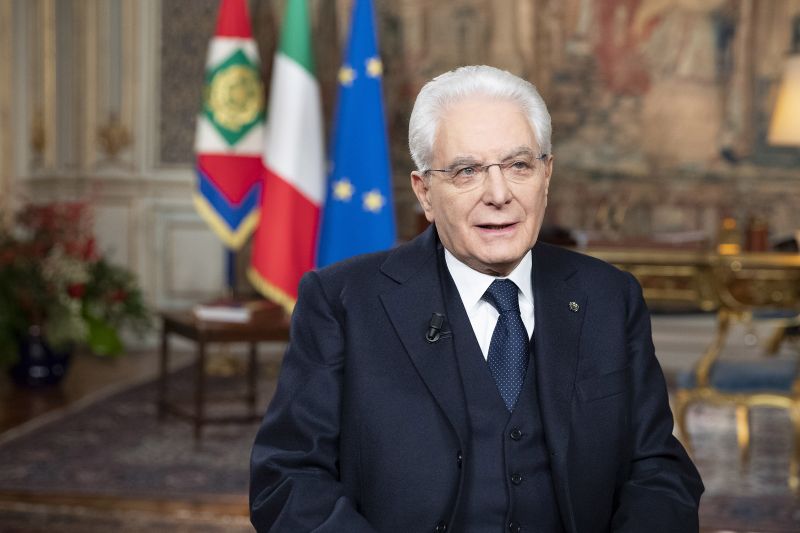Italy: President set to swap palace for Rome apartment

Rome: Italy’s president Sergio Mattarella is set to move into an apartment in Rome after his seven-year-term of office comes to an end on 3 February 2022.
The 80-year-old head of state has signed a lease to rent an apartment in a residential area not far from the city centre, between the Parioli and Salario Trieste neighbourhoods, according to Italian news magazine L’Espresso.
This is the same apartment that Mattarella viewed a few weeks ago, with his daughter Laura, leaving the home-owner speechless as she opened her front door to the president of Italy.
Italy’s president seeks house in Rome
To say that Mattarella would be “downsizing” is a major understatement.
His current place of residence is the vast Palazzo Quirinale, the sixth largest palace in the world, which extends for an area of 110,500 sqm and has been Mattarella’s home since he became president in 2015.
Mattarella’s alleged future home measures 120 sqm, a far cry from the Quirinale which is 20 times larger than the White House and one third again the size of Buckingham Palace.
Mattarella’s reported signing of the apartment lease brings to the fore a hot political topic in Rome – who will be the next president of Italy?
On Thursday evening Mattarella said he agreed with his predecessors Giovanni Leone and Antonio Segni who believed the Italian presidency should be a one-mandate-only role.
Italy’s current premier Mario Draghi has long been tipped as the frontrunner to move into the Quirinale when Mattarella moves out.
Mario Draghi is the only Italian on TIME 100 list
But there is a strong desire among the establishment and general Italian public for both Draghi and Mattarella to stay on in their current roles.
The much-touted theory is that Mattarella could seek a second term to let former ECB boss Draghi remain as premier to oversee Italy’s spending of more than €200 billion of EU post-pandemic recovery funds.
The life of Sergio Mattarella, Italy’s 12th president
Draghi commands respect on the international stage and is also credited with driving through much-needed reforms and unifying – however temporarily – Italy’s normally fractious political parties.
However the non-political prime minister is seen as unlikely to put himself through the rigours of an election campaign, just as Mattarella is now all the more unlikely to remain in the Quirinale after January.





